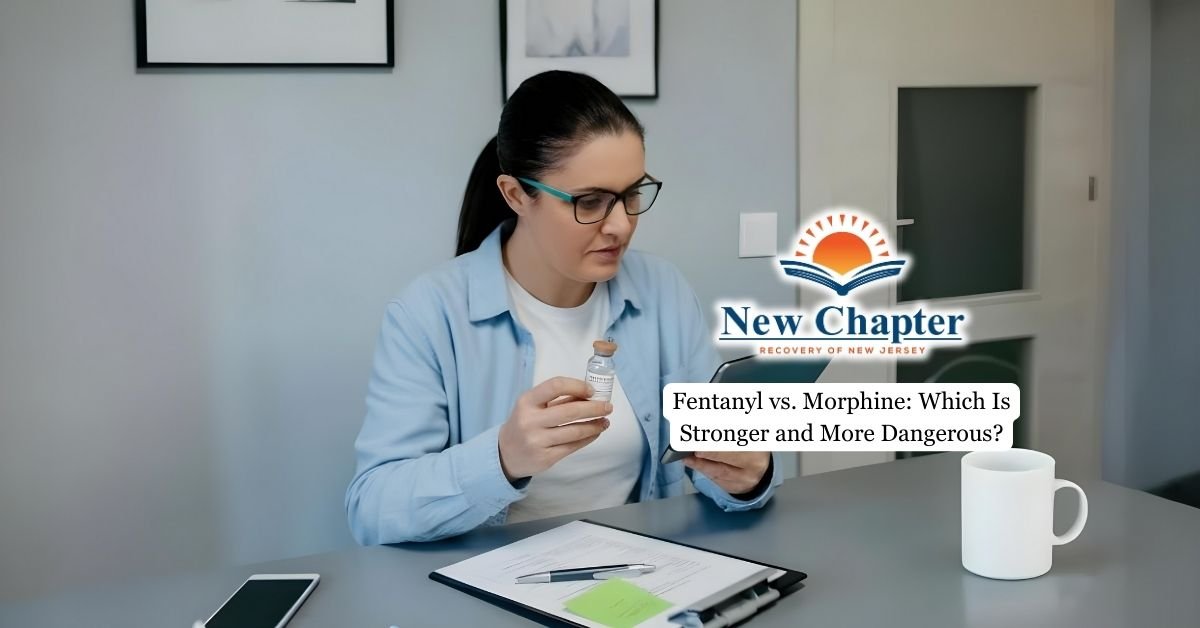As individuals strive to break free from addiction and maintain sobriety, they often face cravings, emotional fluctuations, and the risk of relapse. However, by developing and consistently applying practical coping techniques, those in recovery can significantly increase their ability to sustain long-term sobriety and improve their overall well-being.
This article will explore seven proven coping strategies that form the foundation of a successful recovery journey.

Self-Care and Healthy Lifestyle
Start by focusing on your physical health—aim for at least 150 minutes of moderate-intensity exercise weekly to improve mood, reduce cravings, and boost energy levels. Pair regular exercise with a balanced diet and adequate hydration to support your body’s healing process.
Establishing healthy sleep habits is essential for overall well-being. Strive to get 7-9 hours of restful sleep each night, as it helps to consolidate new learning and memories, which are vital for developing new habits during recovery.
Adopting a nutritious diet that includes plenty of fruits, vegetables, whole grains, and lean proteins can help restore the body’s balance and replenish important nutrients.
Opting for the Outpatient Program for addiction treatment in NJ we offer at New Chapter Recovery will help you receive proper care during the day but still maintain the normalcy of daily life.
Honesty and Open Conversations
You must be truthful about your feelings, cravings, and triggers to confront them head-on and develop healthier coping skills.
Honesty fosters accountability and helps you avoid the cycle of dishonesty that often accompanies substance abuse. By openly discussing your emotions and struggles with addiction, you can build trust within your relationships and reduce feelings of isolation.
This transparency reinforces your support network, which is crucial for recovery. Acknowledging the truth about your addiction and expressing it to others facilitates a deeper understanding of your personal challenges, enhancing your emotional health and resilience.
Mindfulness
Mindfulness enhances your ability to regulate emotions, allowing you to recognize triggers and cravings before they lead to impulsive decisions. Incorporating mindfulness into your daily routine can significantly improve your focus and self-awareness, enabling you to navigate challenges with greater clarity and compassion.
By nurturing a deeper connection with yourself and the present moment, you’ll build a strong foundation for sustained recovery and personal growth.
Read more about the impact of practicing mindfulness on your addiction recovery process.
Building a Strong Support System
You’ll find that surrounding yourself with supportive family members, friends, and peers who understand your journey can make all the difference.
They’ll provide a safe space for you to express your emotions and challenges, while also holding you accountable to your recovery goals. Engaging with others who’ve faced similar struggles can help you develop effective coping skills and strategies to prevent relapse.
Consider joining a support group or 12-step program, where you’ll find a sense of community and shared understanding. Regular participation in these groups can help you maintain motivation and stay on track.
Building a sober support network will also encourage positive social interactions, replacing relationships that may trigger substance use with those that promote a healthy, sober lifestyle.
Learn more about the role of family in addiction treatment and how the support individuals receive in the home environment can significantly enhance their recovery outcomes.

Recognizing and Managing Triggers
Triggers can be external, such as certain people, places, or situations linked to past substance use, or internal, including emotions like stress, loneliness, or boredom that may intensify cravings.
To minimize exposure to known triggers, consider distancing yourself from individuals who still engage in substance use and avoiding high-risk environments that could jeopardize your recovery.
Implementing healthy coping mechanisms, such as mindfulness exercises, regular physical activity, or creative outlets, can help you navigate emotional responses associated with triggers. Keeping a daily journal allows you to identify patterns, reflect on your experiences, and develop personalized strategies to manage future triggers more effectively.
Cognitive Restructuring
By replacing harmful beliefs with healthier, more constructive thoughts, you can reduce the intensity of cravings and negative emotions, ultimately enhancing your coping skills.
Regular practice of cognitive restructuring enables you to recognize cognitive distortions, such as catastrophizing or black-and-white thinking, which can exacerbate feelings of hopelessness or anxiety.
As you develop a more balanced perspective on situations that may trigger relapse, you’ll experience improved emotional regulation and a greater sense of control in your recovery journey.
Regular Therapy and Group Sessions
Therapy sessions provide you with personalized strategies to cope with addiction and address underlying mental health concerns, ultimately enhancing your overall recovery efforts.
Group therapy, on the other hand, fosters a sense of community and shared experiences, allowing you to learn from others facing similar challenges and promoting accountability in your recovery journey.
Engaging in both individual and group therapy sessions helps you build essential communication skills and emotional regulation, which are vital for maintaining long-term sobriety.
Consistent attendance in therapy reinforces coping mechanisms and offers ongoing encouragement from professionals and peers, leading to lower relapse rates.
Final Thoughts from New Chapter Recovery
We highly recommend incorporating these coping strategies into your everyday routine and keeping in mind that recovery is an ongoing journey. If you feel prepared to embark on the path towards long-term recovery or require further assistance, please don’t hesitate to contact us at New Chapter Recovery. Our holistic approach to addiction treatment combines evidence-based therapies with personalized support, offering a comprehensive path to recovery.
Frequently Asked Questions
How can someone rebuild self-confidence after addiction?
Rebuilding self-confidence after addiction takes time and involves setting small, achievable goals to regain a sense of accomplishment. Engaging in healthy habits, such as exercise, therapy, and personal development, can help restore self-worth. Surrounding yourself with supportive people and focusing on progress rather than past mistakes reinforces confidence in long-term recovery.
How long does it take to develop effective coping skills for addiction recovery?
The timeline for developing effective coping skills varies based on individual needs, but it typically takes consistent effort over weeks or months. Practicing self-awareness, attending therapy or support groups, and gradually implementing strategies like mindfulness and stress management can strengthen these skills. With ongoing dedication, coping mechanisms become more natural and effective over time.
What are some immediate steps to take when facing a strong craving?
When facing a strong craving, remove yourself from the triggering situation and engage in a healthy distraction, such as exercise, deep breathing, or calling a supportive friend. Remind yourself of the reasons you chose recovery and visualize the long-term benefits of sobriety. Practicing mindfulness or grounding techniques can help reduce the intensity of the craving until it passes.
How can family members or friends provide the best support without enabling addiction?
Family and friends can offer support by encouraging healthy habits, attending therapy or support groups with their loved one, and reinforcing personal accountability. Setting clear boundaries, such as not providing money or covering up mistakes, helps prevent enabling behaviors. Instead, they can focus on emotional support, celebrating progress, and encouraging professional treatment when needed.






